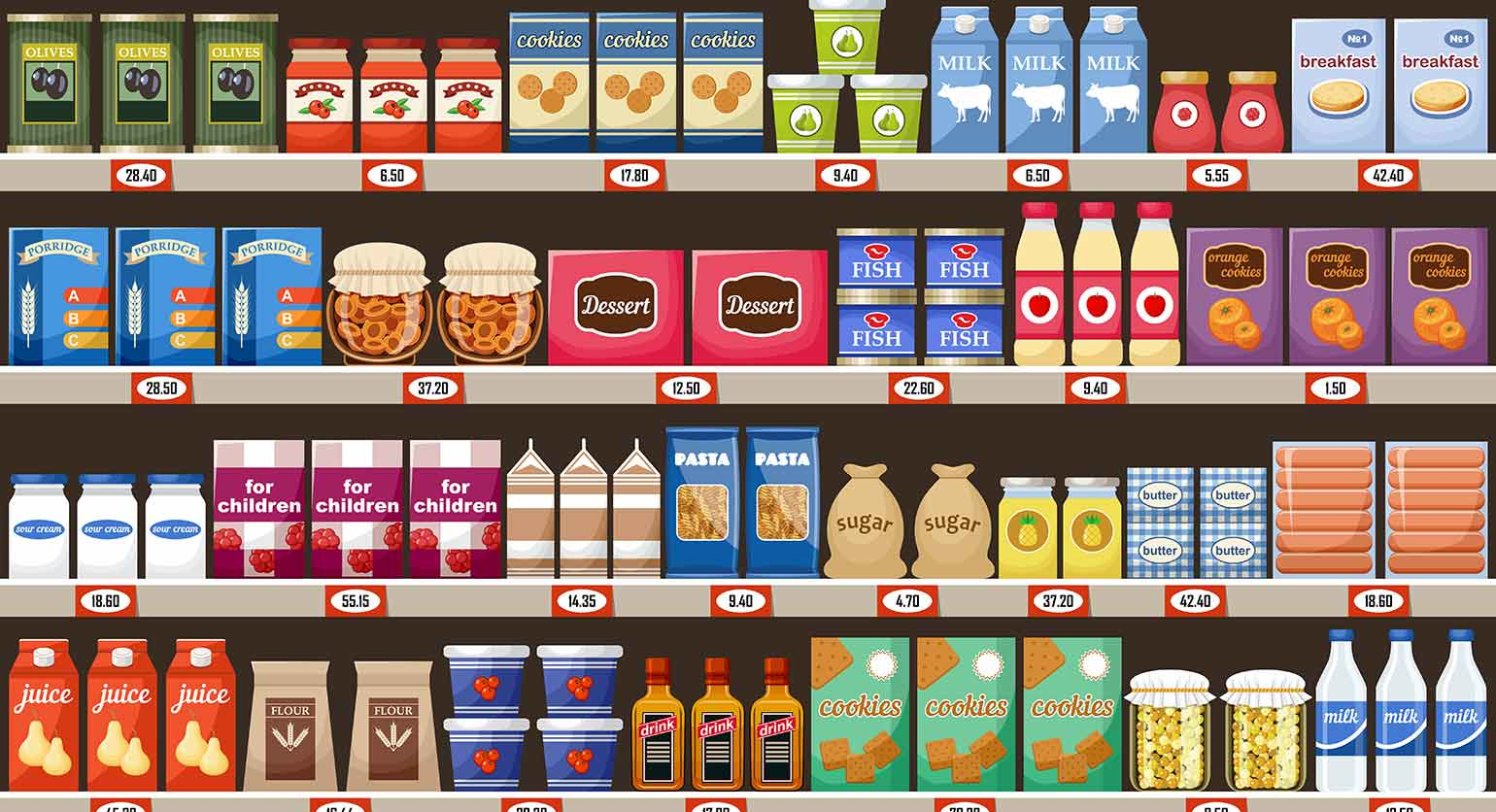Introduction
Private label specialty foods have actually ended up being increasingly prominent in the retail market. With consumers looking for special and premium products, exclusive tag foods use a tasty solution that pleases their taste buds and fulfills their expectations. In this post, we will check out the globe of exclusive tag foods, from their manufacturing to their impact on both stores and consumers.
The Increase of Private Label Food Manufacturers Australia
Private label food manufacturers in Australia have experienced considerable growth in the last few years. These suppliers specialize in creating private label food products that deal with the certain demands and choices of merchants and customers. With a focus on quality and development, they have actually sculpted a specific niche on their own in the competitive food industry.
Benefits of Private Label Food Products
Private tag food products supply countless advantages for both sellers and customers. Let's take a more detailed consider a few of these benefits:
1. Quality Control
One of the significant benefits of private label food products is the control over high quality. Merchants can function closely with private label food producers to ensure that the products meet their preferred requirements. This permits retailers to offer top notch items that align with their brand image.
2. Customization
Private label food manufacturing allows sellers to customize their products according to their target audience's preferences. Whether it's developing unique tastes or dealing with certain nutritional requirements, personal tag foods give adaptability in item development.
3. Competitive Pricing
Retailers can gain from affordable prices by opting for personal label foods. Considering that there are no intermediaries included, the price financial savings can be handed down to customers, making these products extra budget friendly contrasted to national brands.
4. Brand Differentiation
Private tag foods assist stores distinguish themselves from rivals by providing exclusive items not located elsewhere. This exclusivity develops a feeling of loyalty among consumers that actively seek these specialized items.
5. Enhanced Revenue Margins
Private tag foodstuff often have greater profit margins for sellers compared to nationwide brand names. With control over the whole production process, retailers can optimize costs and maximize their profits.
The Refine of Private Label Food Manufacturing
Private tag food production entails numerous vital actions that guarantee the manufacturing of top notch products. Let's explore the process:
1. R & D (R&D)
The R&D stage is vital in private label food manufacturing. It involves market research to determine customer fads, preferences, and preferences. Makers work carefully with merchants to establish item ideas that align with their brand name and target market.
2. Dish Formulation
Once the idea is wrapped up, makers proceed to dish solution. This step includes producing a special mix of components and flavors that fulfill the preferred taste account. Manufacturers might likewise think about including LSI key phrases such as "personal label specialty foods" and "private label food producers Australia" to improve internet search engine optimization.
3. Examining and Quality Assurance
Before mass production begins, manufacturers conduct extensive testing and quality control checks. This guarantees that the items fulfill all security and high quality criteria established by regulatory bodies. Private label food manufacturers prioritize consumer satisfaction by supplying items that are risk-free, tasty, and consistent.
4. Product packaging Design
Packaging plays a critical duty secretive label food' success. Producers collaborate with retailers to make packaging that reflects the brand's values and interest consumers. Captivating designs integrated with helpful tags assist attract attention on shop shelves.
5. Production and Distribution
Once the packaging style is authorized, suppliers start manufacturing widespread. They follow stringent manufacturing methods to preserve consistency in preference, appearance, and overall product quality.
Distribution of private label foods is done with different networks like grocery stores, on-line platforms, or specialty stores. Retailers play an essential duty in guaranteeing these products reach their target market effectively.
FAQs regarding Private Label Foods
What are personal tag foods? Private label foods are products that are made by a business for sale under a retailer's brand. These items offer unique flavors and modification options.
How can sellers gain from private label food manufacturing? Retailers can gain from private label food manufacturing by providing unique items, controlling quality, and taking pleasure in greater revenue margins.
Are private label food of excellent quality? Yes, private label food makers focus on quality assurance to guarantee that their products meet the desired criteria established by retailers.
Can retailers tailor private label food products? Yes, merchants have the adaptability to personalize private label foodstuff according to their target market's preferences.
Are exclusive label foods more affordable compared to nationwide brand names? Yes, personal tag foods are frequently valued competitively, making them a lot more budget friendly for consumers.
Where can customers locate private label food? Private label foodstuff are available in various retail outlets such as grocery stores, on-line systems, and specialty stores.
Conclusion
Private label foods have transformed the retail industry by supplying a tasty service for both stores and customers. With their focus on quality assurance, personalization options, and competitive private label food pricing, these specialized items use an unique experience that sets them in addition to nationwide brands. Sellers can take advantage of the advantages of private label food production to differentiate themselves and raise their earnings margins. Customers, on the other hand, can enjoy premium products tailored to their choices. As the demand for special and savory food expands, private label foods continue to grow in the marketplace, dealing with the developing tastes of consumers.

